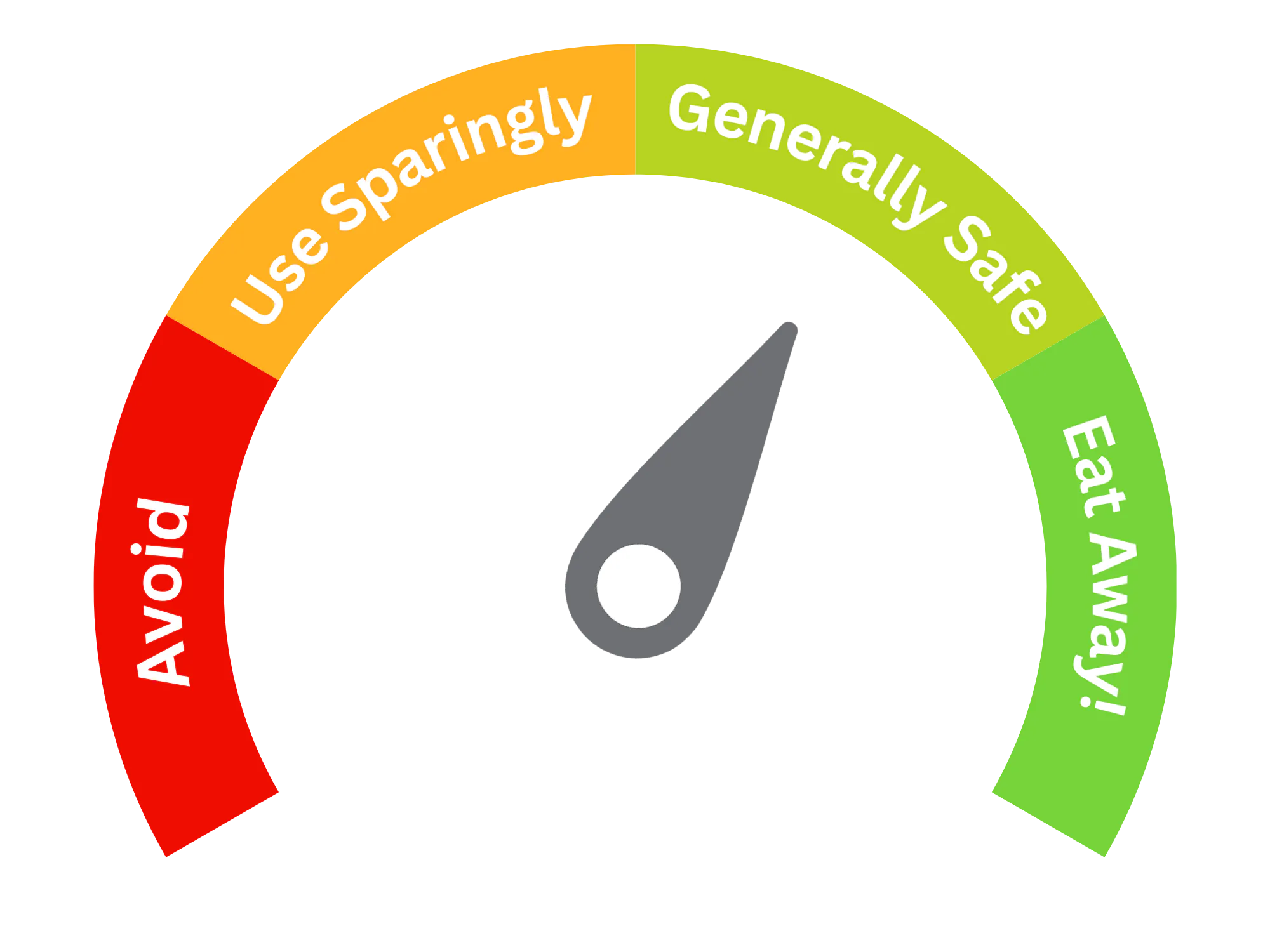Gelatin (E428)
| Type of additive (Glossary) | Emulsifiers Gelling Agents |
| E Number | E428 |
| Also Known As | Gelatine |

Purpose and Function
Gelatin is a natural protein obtained from collagen and is widely used in the food industry for its gelling and emulsifying properties:
- Gelling Agent: Gelatin is renowned for its ability to form stable gels, making it essential in desserts, jellies, and gummy candies. It provides a unique texture and mouthfeel in various culinary applications.
- Emulsifier: Helps stabilize emulsions in products like mousses and creams, preventing separation and ensuring a uniform product consistency.
- Thickening Agent: It can also act as a thickening agent in sauces and soups, enhancing the overall texture of food products.
- Nutritional Benefits: It is rich in amino acids, particularly glycine and proline, which may contribute to various health benefits, including joint and skin health.
Potential Risks and Side Effects
It is generally recognized as safe for consumption, but some considerations include:
- Allergic Reactions: Individuals with allergies to gelatin or related proteins may experience allergic reactions, including gastrointestinal distress or skin irritation.
- Gastrointestinal Issues: Ingesting large amounts may lead to gastrointestinal discomfort, such as bloating or gas, particularly for those unaccustomed to high-protein diets.
- Ethical Concerns: Gelatin is derived from animal sources, raising ethical concerns for vegetarians and vegans. There are plant-based alternatives available for those seeking to avoid animal products.
